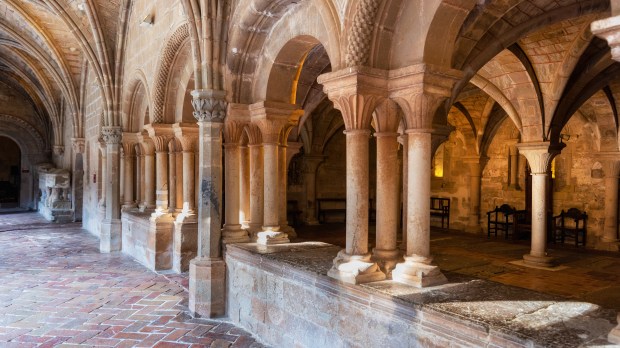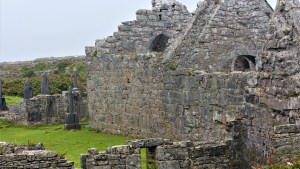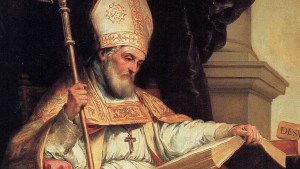The Middle Ages, spanning from the 5th to the 15th centuries, are often referred to as the “Dark Ages” – a rather derogatory term. The label emerged during the Renaissance, and was largely influenced by authors, artists, and thinkers who wanted to highlight the differences between their own era – an era they understood as a revival of classical Greek and Roman culture — and centuries past. However, it is important to note that labeling 10 centuries of history as “dark” is a subjective assessment, heavily influenced by prejudice and bias, and fails to appreciate the complexity and diversity of medieval society, especially because such a long time cannot simply be subsumed under one single category.
Petrarch, the noted Italian scholar and poet of the 14th century, played a significant role in shaping this negative perception of the Middle Ages – whether that was his intention or not is a different question. As read in Medievalists.net, saying one lives in a “dark time” or in an “age of light” “is an easy metaphor to explain that you are living in good or bad times.” Petrarch used said metaphor, comparing Classical and Late Antiquity with his own times, “and found that he wasn’t very happy with the present-day situation.” In one of his works he writes:
My fate is to live among varied and confusing storms. But for you perhaps, if as I hope and wish you will live long after me, there will follow a better age. This sleep of forgetfulness will not last for ever. When the darkness has been dispersed, our descendants can come again in the former pure radiance.
Clearly, Petrarch’s understanding of his own time was deeply influenced by his admiration for the achievements of ancient Greece and Rome; thus, he saw his day and age as a period of decline and ignorance, comparing it unfavorably to the intellectual achievements of the classical world.
However, it is essential to recognize that this somewhat negative portrayal of the Middle Ages was in great measure an exaggeration. Renaissance thinkers were prone to idealizing the ancient past, seeing it as a golden age of wisdom and cultural refinement, which was not necessarily the case. In contrast, they viewed the Middle Ages as a period of intellectual stagnation, religious dogmatism, and social backwardness, turning a blind eye to the (evident) fact that the Renaissance didn’t came out of nowhere.
The bias against the Middle Ages can be attributed to several factors. For example, Renaissance thinkers had limited access to the literary and historical sources of the Middle Ages, which contributed to a lack of understanding and appreciation for the accomplishments of these 10 centuries. Also, the Renaissance was marked by a desire to distance itself from the preceding era, and discrediting the Middle Ages served the purpose of emphasizing the alleged cultural and intellectual superiority of the late 15 and 16th centuries. But mostly, religious conflicts and tensions between the Catholic Church and emerging Protestant movements during the Renaissance fueled criticism of the Middle Ages.
However, for the sake of historical accuracy, challenging this biased perception of the Middle Ages is important. While it is true that the era had its share of tribulations, it was also a time of great intellectual, artistic, and cultural achievements. The Middle Ages witnessed the rise of universities, the preservation and transmission of classical texts, advancements in architecture and engineering, and the flourishing of Gothic art. In fact, had it not been for the painstaking work of medieval scribes and copyists, the scholars of the Renaissance would have hardly known any Roman or Greek thinkers.



